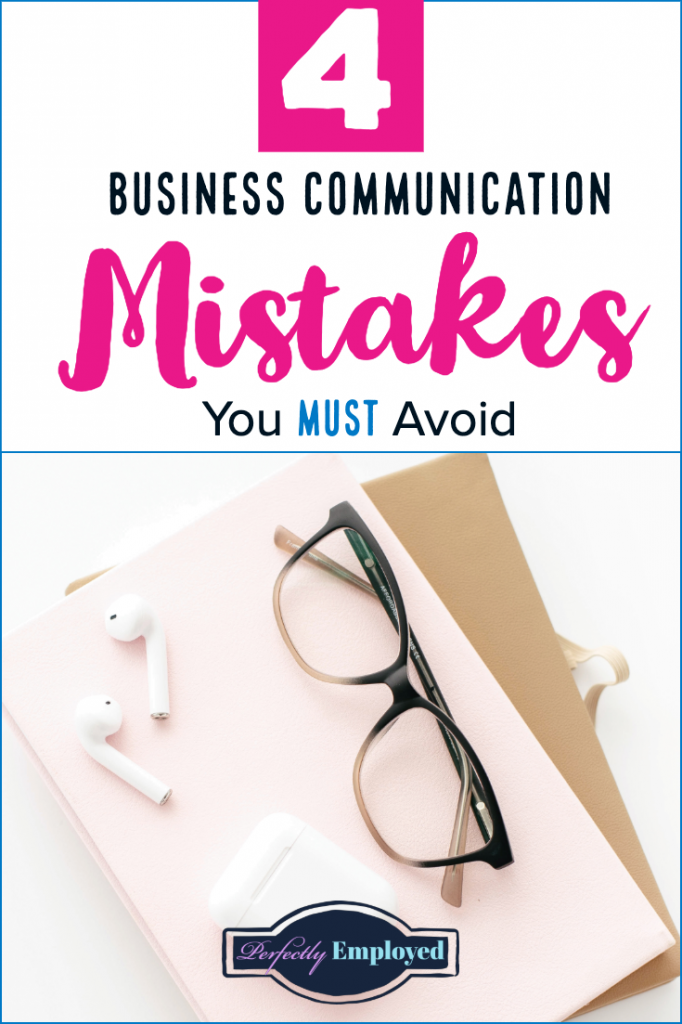
SWe live in a world where there is a product for everything imaginable. And yet, although we think that someone has thought of everyone, every year more and more products hit the shelves of stores all around the world. There seems to be an ever-growing demand for products that meet a demand that has not yet been imagined.
If you have the creativity and foresight to come up with a great idea that you know people will want, then you should be a product designer. If you hit on the right idea and find the right route to market, your product design could earn you a serious amount of money.
Turning Your Dreams into a Reality
If you have a great product idea floating around in your head, you will need to get it out before you do anything else. This will mean creating drawings that will help you to find investors and may also be used by manufacturers to create the item. The more detailed these are the better, and if you the technical information you can include in your initial designs, this may be of great help.
If you are not a natural artist, be sure and use the skills of someone who is. Having a well-drawn example of your product could make the difference between success and rejection.
Registering Your Intellectual Property
Before you do anything else, you should register the designs that you have created. At any point in the future you may find that someone else has stolen all or part of your product concept. If it is quite clearly based on your design, then you may have a strong case against them. You should ensure that you list all patents, and copyrights as soon as possible. If you need support, hire an intellectual property consulting firm to ensure that you have the fullest of protection surrounding your product.
Pitching Your Products
Once you have some designs it is time to go off to various companies and try to get them to invest in your product. Pick companies that you believe your product will suit well. Create a professional pitch which uses powerpoint in order to give a full impression of the product that you are offering. Make sure that you get all of the unique selling points out there into your pitch.
A company may choose to take the design, or they make want both you and the product.
Getting Your Products Manufactured
If you don’t get your product bought by another company, you could think about having the item made in for you by a manufacturing company. Once a factory is set up correctly, they will be able to handle the designs that you have made. From this, you can sell your products to a number of suppliers, or you could open up your own online store to sell them. Becoming an independent product designer could be the change in life that you are looking for right now.



